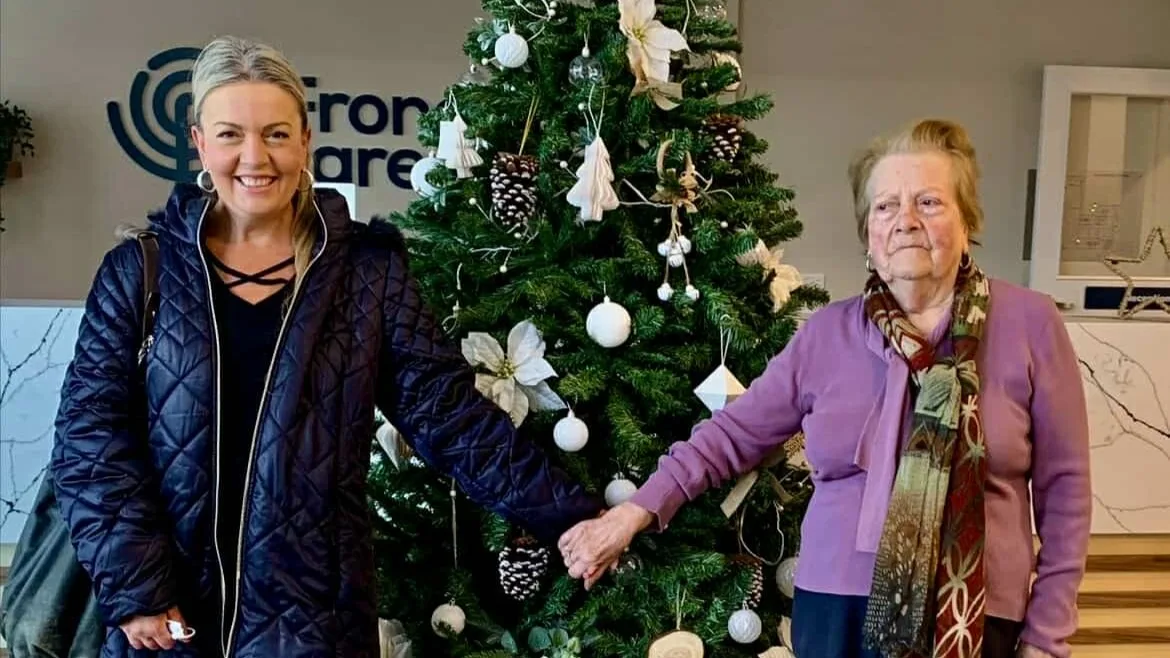Greek Australian director and actor Peter Kalos said he felt numb the Christmas after his 18-year-old daughter Athenie took her life in November 2020. He joined a cohort of people who find the holidays challenging.
Joyful images of festive gatherings, families surrounded by gifts, are tough to handle for those facing loss.
“That first Christmas, we just stayed home and cried. The second Christmas was astonishingly worse than the first with the realisation that it is real and we would never celebrate with Athenie again,” Peter says.
“Later, it comes down to choice. You can let grief destroy you or you can start looking for things that matter in life.”
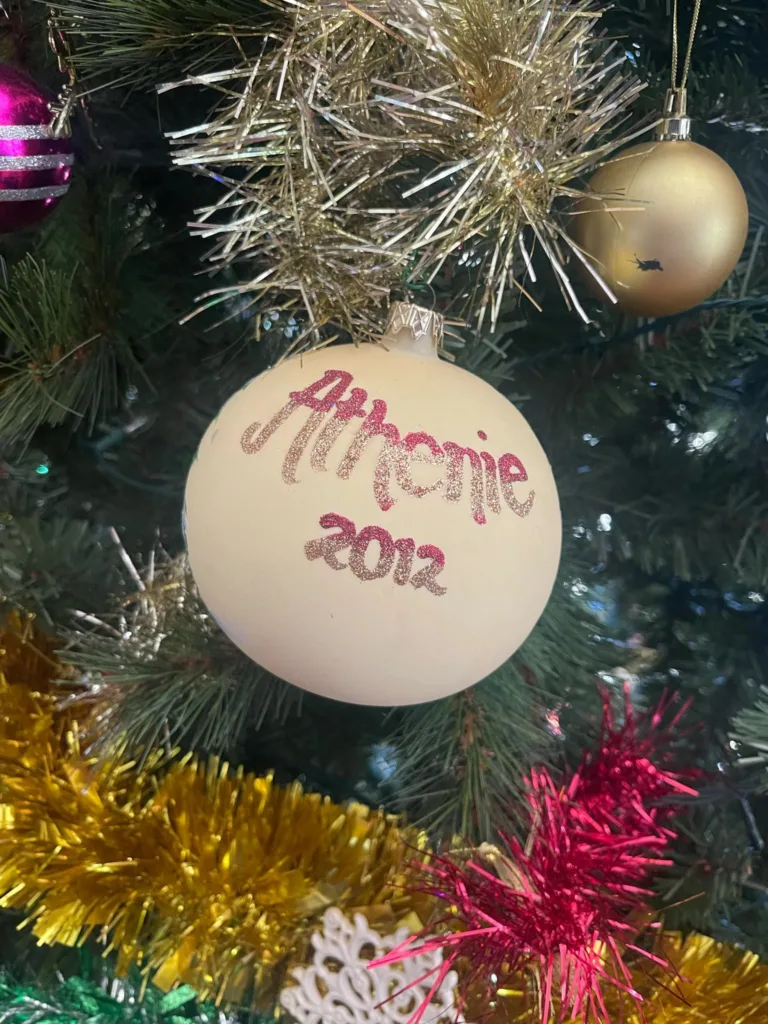
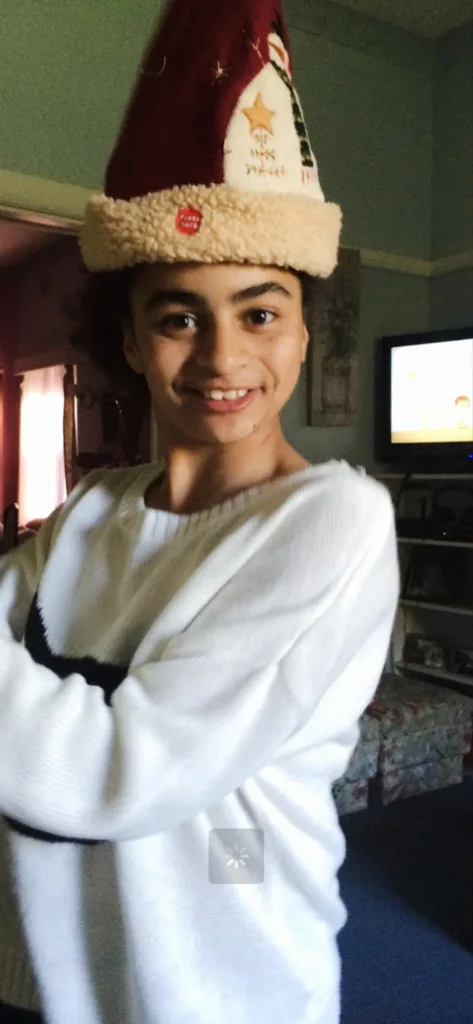
Since Athenie’s death, Peter created Athenie’s Angels to help young people learn resiliency-building skills to protect their mental health against risk factors in their environment. There are programs to build Emotional Intelligence, art therapy, a book club to spark important conversations and other activities.
Athenie’s passing has helped Peter be more present in his own life.
“I call up my cousins and say, ‘Here’s my Christmas gift: Get off your phone and social media and have a day with your kids and family’,” Peter says.
Self-employed tradie Jason Sotiris can relate.
He remembers clutching his daughter, Angela, as scans found tumours throughout her body in a rare cancer known as Langerhans cell histiocytosis. He keeps her memory alive through Supertee, a charity that distributes superhero-themed medical gowns free of charge to sick children in hospitals.
“We spent a few Christmases in hospital,” Jason recalls. “Hospitals go out of their way to show love and care when accommodating children. But as parents, one day brings joy, and the next is a stark reminder of our child’s illness.”
During Christmas, families scroll down their phones and see photographs of happy families, especially large Greek families.
“It’s a noticeable difference. We should spare a thought for parents taking turns at hospital caring for a sick child while the other children are at home,” he says.
Supertee gives sick children joy by turning hospital garments into an opportunity for play.
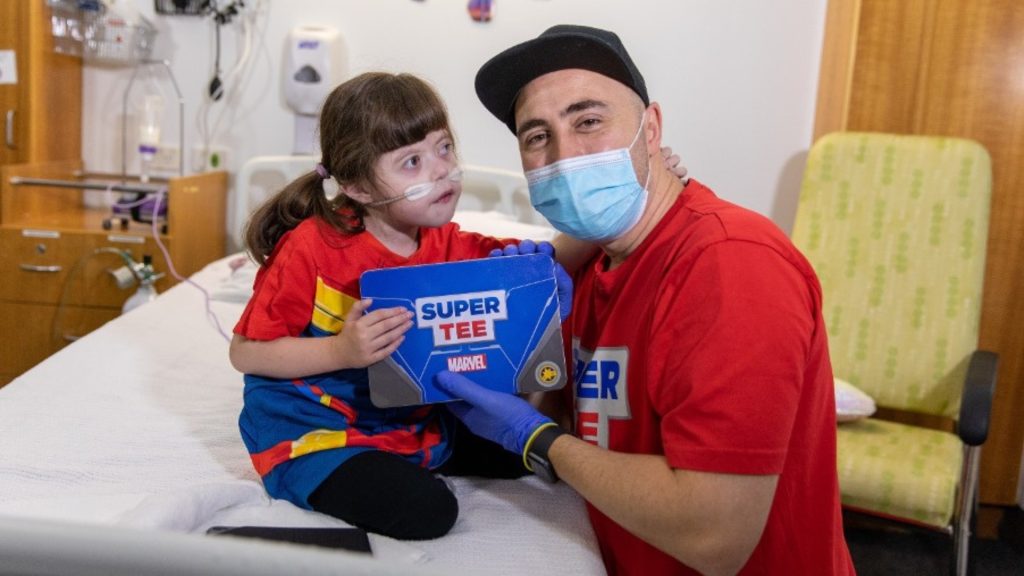
“The power of impersonation when they dress up in costume is incredible,” Jason says. “We have something for kids who enjoy dancing, soccer teams, and all sorts of heroes.”
On Christmas Eve, Jason will be doing the rounds, stopping at the last hospital nearest his home before joining his family.
Helen Andreanakis, a mental health clinician, will be taking disadvantaged children to Werribee Zoo in the lead up to Christmas. Come Christmas day, she will be at a homeless shelter. Between delivering hampers, the Troubled Waters podcast shedding light on Louisa Ioannidis’ mysterious death and her other work, there’s a lot to be done.
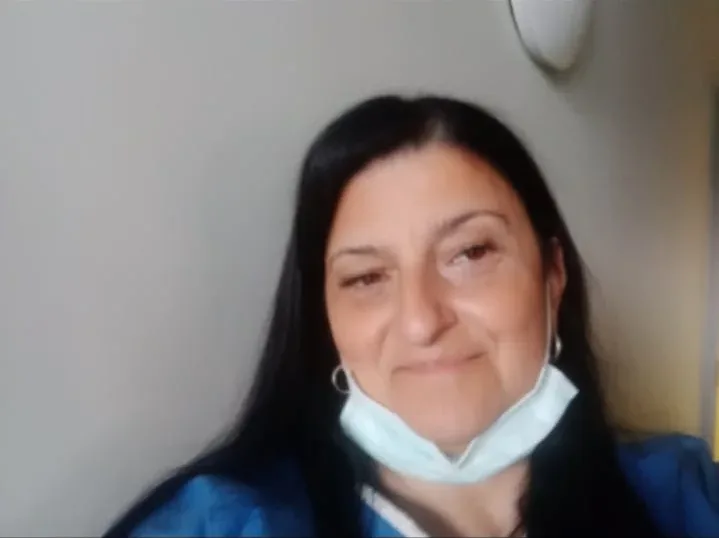
“The need is all year round but Christmas is more noticeable when people ask for more things, children want Christmas gifts and people wonder where to spend Christmas. Though services offer lunches, some people find this depressing,” she says.
“We have to remember that once upon a time these people weren’t born homeless, substance users or with complexities. They had functional lives before things went downhill.”
Since finishing her studies and training at Pentridge as a young clinician, she has not stopped knocking on doors, visiting Greek churches, asking for help and also getting many knockbacks. She is grateful to people like Vicky Xypolitos who has helped mother and baby units with hampers, former Pharmacy Guild president George Tambassis, and NMPS Food Groups Managing Director Evan Tsioukis, among others. She invites anyone willing to help with the hampers or volunteering to reach out to helen.kilias@gmail.
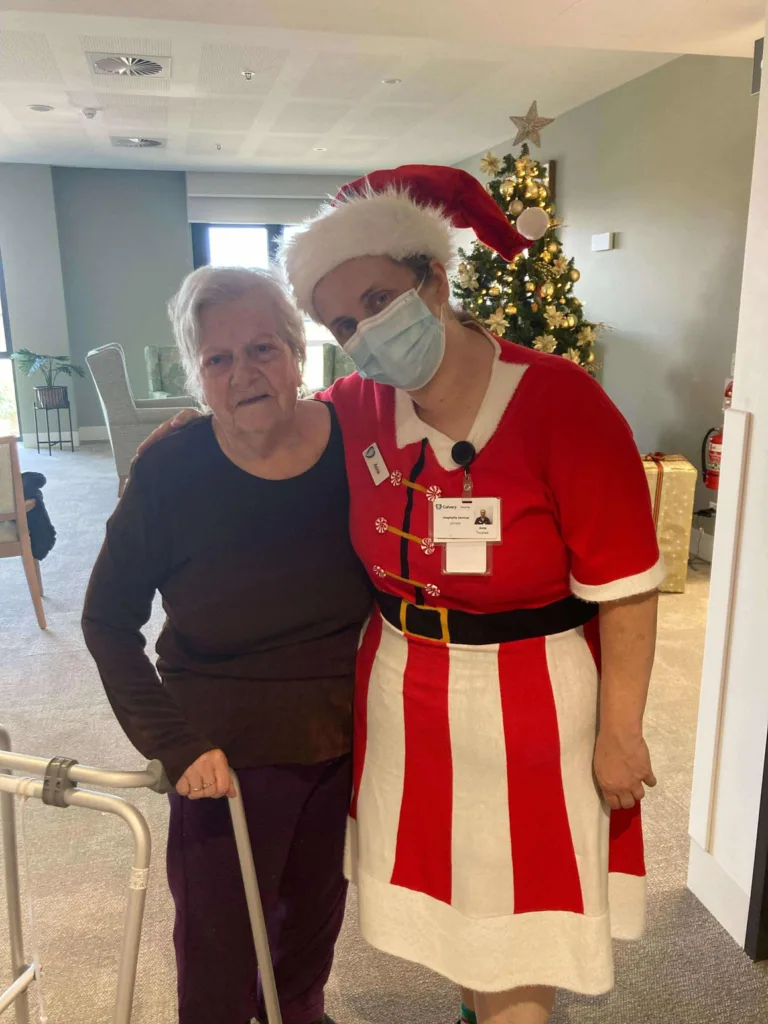
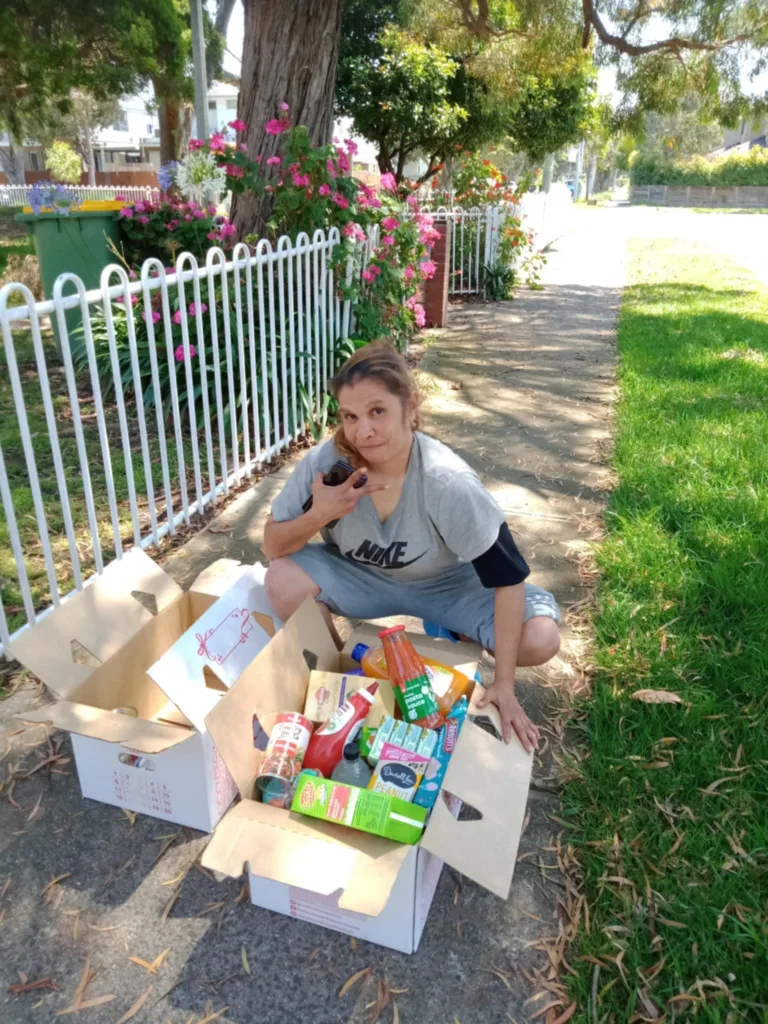
Looking at Brimback Councillor Virginia Tachos, it’s hard to tell that beneath smiling photos on social media lies the tragedy of her 89-year-old mother’s struggle with dementia.
“It’s sad to see mum decline,” Virginia says. “She used to make holidays so special for us with a traditional Christmas lunch she’d prepare days in advance, but now it’s between myself and my sister, and her grandkids make her day very special.”
Virginia watches her once “indestructible” mother withdraw.
“Memories flood back when she’s with us, and she gets quite emotional,” Virginia says, adding that dementia is an “unforgiving disease.”
Author and writer Betty Coracas has been through breast cancer, a mastectomy and hysterectomy, but her worst Christmas was when she watched her mother die.
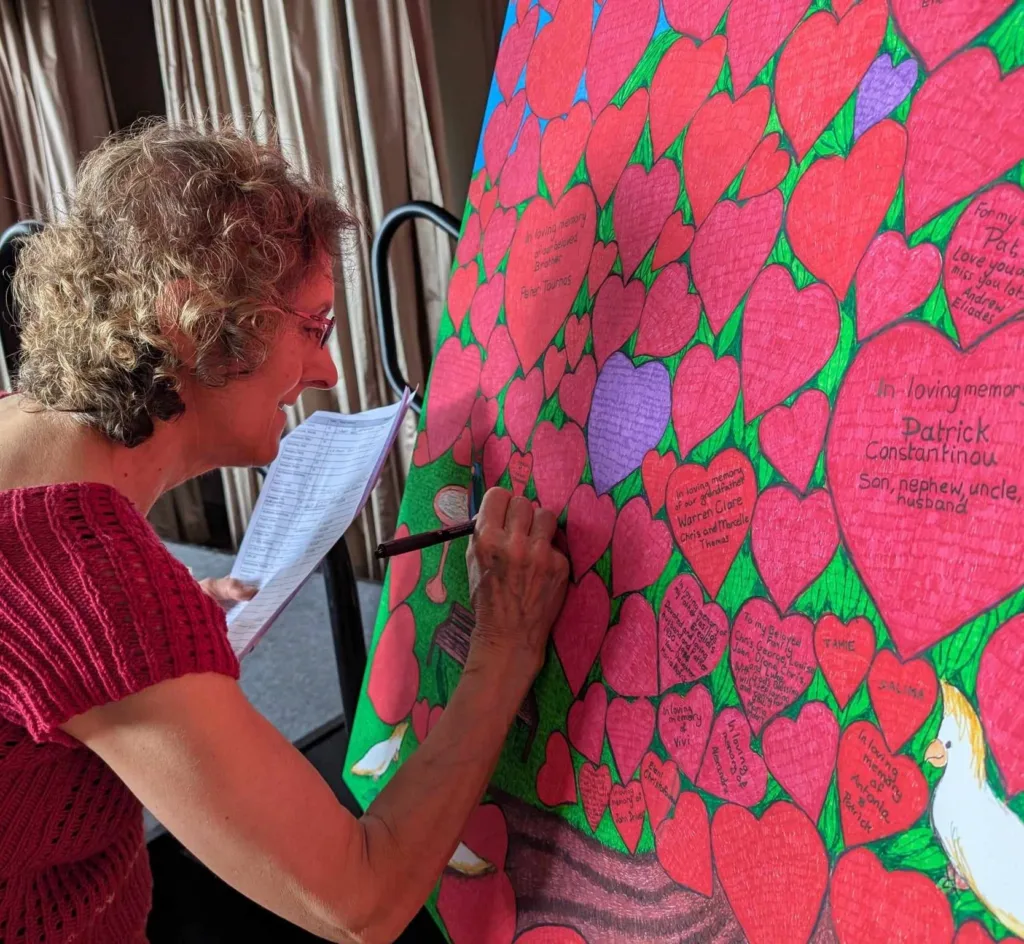
“She had blocked arteries, heart problems, and refused to have an operation,” Betty says. “I interviewed her for my first book, ‘Daughter of Venus.’ Maybe this kept her alive. I remember her being happy I had finished the manuscript. She was happy and we were sad.”
Her mother passed away two months later.
“Mum was educated through the church, and not through formal education. Something she taught me was love. She had the greatest capacity to love and be loved. Anyone who came home was offered food and she was the most forgiving person,” Betty recalls, cherishing the memories.
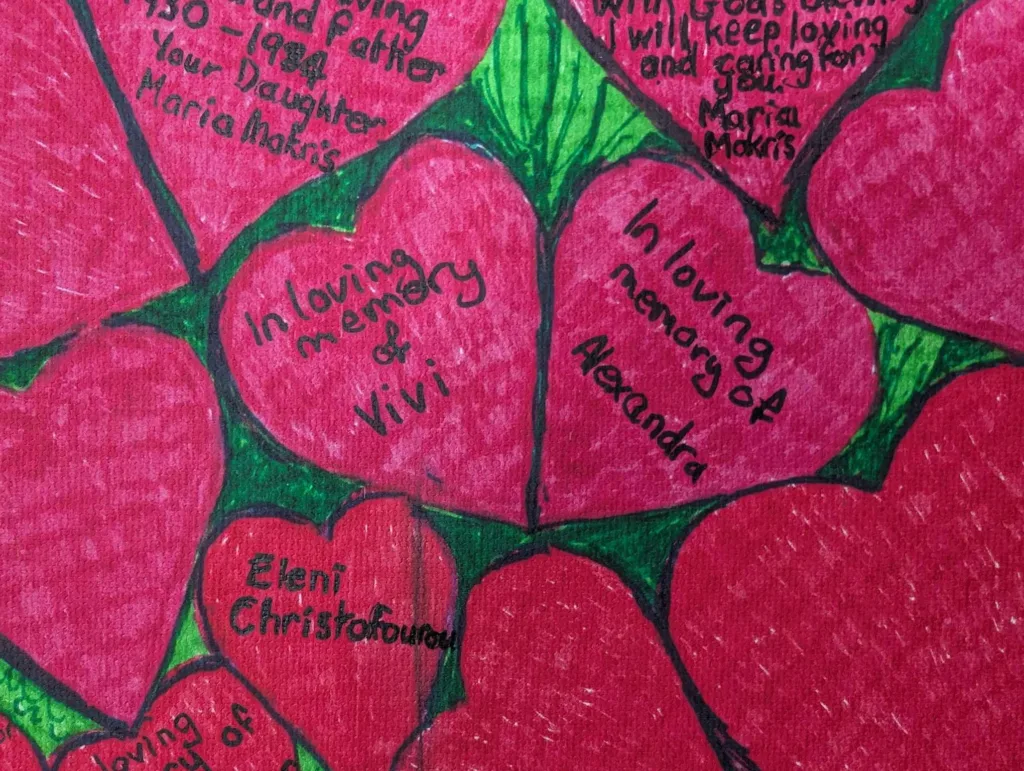
Betty keeps the legacy alive through charity, giving people the opportunity to offer a heart on the Heart Tree for medical research, including making Professor Vasso Apostolopoulos’ breast cancer vaccine available to women.
These stories are a testament to the human spirit’s resilience. As we celebrate the holiday season, let’s embrace the true spirit of Christmas: love, compassion, and empathy.
